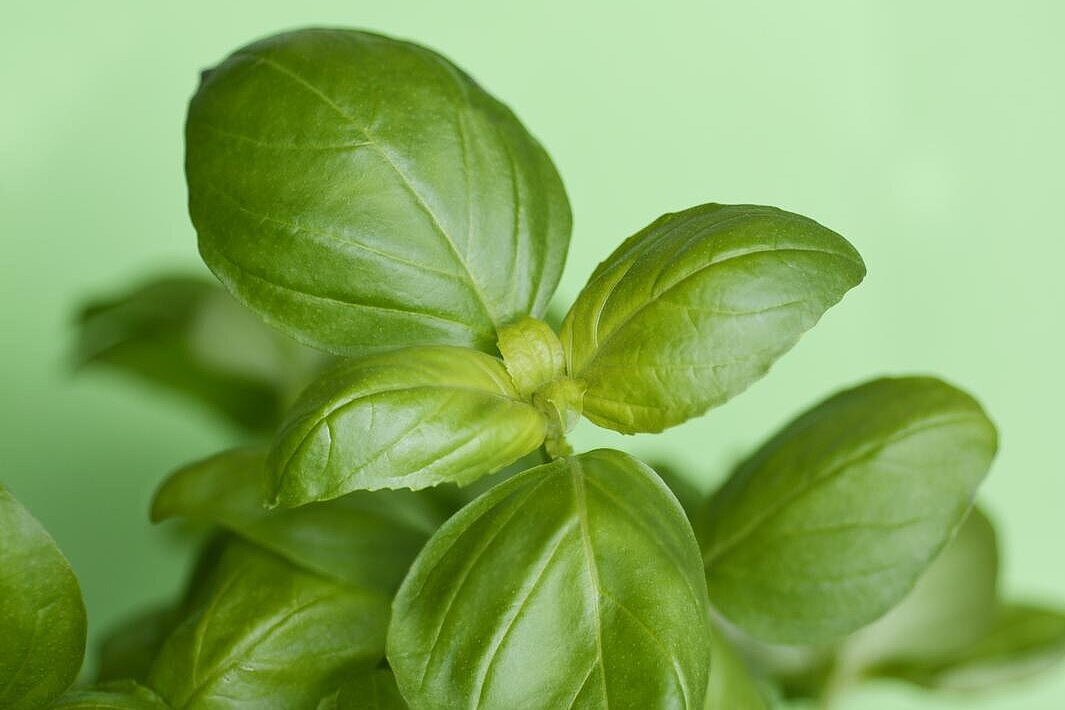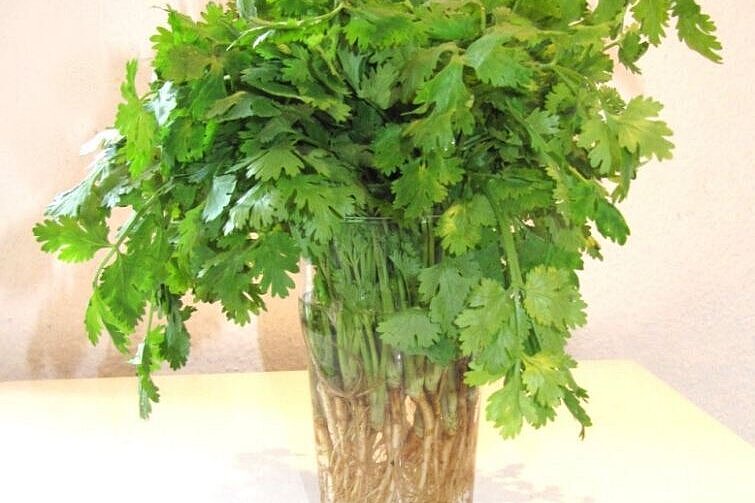Borage

What is borage?
- Borage (Borago officinalis) belongs to the broadleaf family and originally comes from the Mediterranean region. Because of its fresh, cucumber-like taste and its mood-lifting effect, it is also known as cucumber herb, blue herb or heart joy.
- Borage grows to a height of around 70 cm and has dark green, hairy leaves. It blooms from May to September with pink or blue flowers that change color depending on the pH value of the plant. The fruits of borage are small, spherical seeds from which the valuable borage oil is extracted.
- Borage was already used as a medicinal plant in the Middle Ages and was thought to help with various ailments such as fever, heart disease, lung problems and sadness. Today it is valued above all as a culinary herb and bee pasture.
What are the benefits of borage for dogs?
Borage contains many ingredients that can be healthy for dogs. These include
- Flavonoids: These are secondary plant substances with an antioxidant effect. They protect cells from free radicals and strengthen the immune system.
- Mucilage: These are plant polysaccharides with a mucilaginous consistency. They have a soothing effect on the mucous membranes and promote digestion.
- Alantoin: metabolic product of uric acid with a healing effect on the skin. It promotes cell division and accelerates wound healing.
- Tannins: are secondary plant substances with an astringent effect. They tighten the tissue and have an anti-inflammatory and antibacterial effect.
- Saponins: These are secondary plant substances with a foaming effect. They dissolve mucus in the respiratory tract and have a diuretic effect.
- Alkaloids: These are nitrogenous compounds with a calming effect on the nerves. They are also said to promote blood circulation and stimulate the metabolism.
- Oil with gamma-linolenic acid: This is a polyunsaturated fatty acid with an anti-inflammatory effect. It is said to help with skin problems such as itching or eczema.
You can therefore mix some fresh or dried borage into your dog's food from time to time or give him a few drops of borage oil. This will do something good for your dog's health and well-being.
What are the disadvantages of borage for dogs?
Borage has not fallen into disrepute for being poisonous without good reason.
- For one thing, borage can trigger allergies. If your dog is sensitive to pollen or other plants, he may also be allergic to borage. Symptoms may include itching, skin rash, sneezing or breathing difficulties. In severe cases, anaphylactic shock can occur.
- Secondly, borage can damage the liver. Borage contains pyrrolizidine alkaloids, which are toxic to the liver. These substances can accumulate in the body and lead to liver cirrhosis or liver failure. The dose makes the poison, but it is better not to take any risks.
- Thirdly, borage can interact with medication. If your dog is on medication, you should talk to your vet before giving him borage. Borage can interfere with the effects of blood thinners, antihypertensives or antidepressants.
If you notice any signs of hypersensitivity or poisoning in your dog, you should see your vet immediately. We are not a substitute for a vet, but we try to be as accurate as possible. Every dog reacts differently and we recommend you get a second opinion or consult your vet if in doubt.
Stay healthy and take good care of your four-legged friend!😊
Similar to Borage
Marigold originally comes from the Mediterranean region and was already valued as a medicinal plant in the Middle Ages. It contains many active ingredients that have an anti-inflammatory,...
Parsley is a plant from the umbellifer family, which also includes carrots, celery and fennel. It has green, curly or smooth leaves with an aromatic scent. Parsley originates from the Mediterranean...
Basil is a green herb that belongs to the labiate family. There are many different varieties of basil, including the classic Genovese basil and the sweet basil. This herbal ingredient has a...
Coriander, also known as Chinese parsley or coriander leaves, is a plant that is used as a spice in many parts of the world. The plant belongs to the umbellifer family and has delicate, green leaves...



